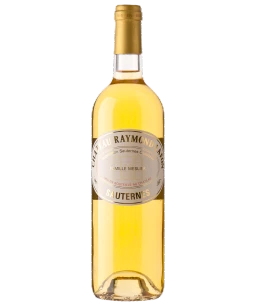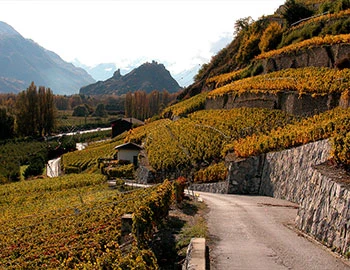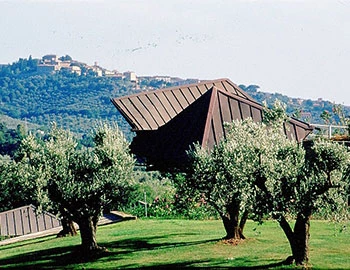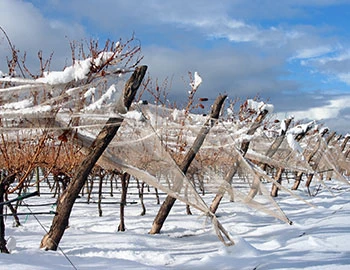France
France – Philosophy in a bottle
According to French philosophy, wine should be an expression of the soil and climate. They use the word “terroir” to describe this. Terroir makes every wine different, and many especially good. French wine is regarded worldwide as an expression of cultural perfection. The French believe that humans are responsible for the quality of the berries, the vine variety for their character, and nature for the quantity. This philosophy can be expressed succinctly as: “the truth is the vineyard, not the man.”
Sparkling wines from France
White wines from France
Rosé wines from France
Red wines from France
Sweet wines from France
Spirits from France
Delicatessen from France
France is one of the most recognized wine nations in the world. From a total area of around 900,000 hectares, approximately 60 million hectoliters of wine are produced annually. Some 70% of total production is given over to red wines and rosés, with white wine making up only 30%.
Wine makes history
The history of wine is closely linked to the history of France. The authors of the Communist Manifesto sipped French wine, as did the political representatives in the capital. When the Prussian-Bavarian treaty was signed in 1871, sealing Germany's unity, it was not a sparkling wine from the Mosel that was served, but champagne, even though France had declared war on Germany just a few months earlier.
The first vines arrived in France 600 years before Christ with the Greeks. The Greeks laid the foundations for cultivating vines, but it was the Romans who were responsible for their systematic propagation within the province of Gaul. In the mid-third century, emperor Marcus Aurelius ordered the planting of vines across all of Gaul, and his subjects obeyed with great zeal. Although the emperor was later killed by his own soldiers, wine production flourished, advancing to Champagne in the 4th century.
Who came up with it? Monks, of course.
The Catholic Cistercian Order was founded in Burgundy in 1098. These monks saw it as a pious act to establish vineyards at their monasteries. In the process, they were not the only ones who succumbed to the appeal of the intoxicating beverage – secular citizens also gladly allowed themselves to be seduced. The monks perfected viticulture, which affected not just France but the whole of Europe. The Order of the Benedictine monks, whose most famous member was Dom Pérignon, also provided a great service to French viticulture. They are considered the inventors of assemblage, or the art of blending of wines.
Small man, great law
French wine law is among the most complicated and confusing in the world. In 1855, emperor Napoleon commissioned the wine trade board of Bordeaux to carry out a classification of the country’s châteaux. This has retained its validity to this day.
French vintners quickly realized that certain grape varieties in particular soils, under the influence of prevailing climate, give rise to wines with distinctive character. The term “terroir” was coined in the early 20th century. Nonetheless, the history of the quality label used for this – “Appellation d’Origine Contrôlée” (controlled designation of origin) – stretches back to the 15th century.





























